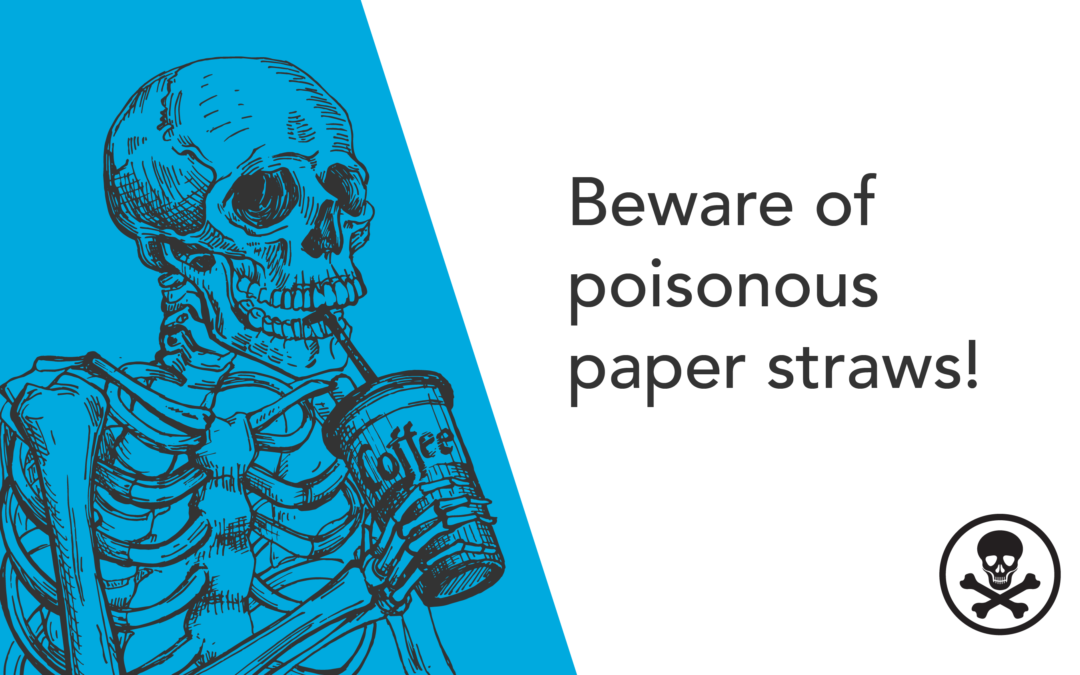In the race towards sustainability, the straw debate has stirred quite a storm. From plastic bans to the embrace of paper substitutes, the quest to find a sustainable drinking straw has been both dynamic and controversial. However, recent findings have suggested that one of our eco-friendly alternatives might be not-so-friendly after all. Several reports, notably from USA Today and the National Post, have emphasized new concerns surrounding paper straws. Drawing insights from a recent study published in the TandF Online Journal.
PFAS: The Hidden Enemy
The primary concern arises from the discovery of per- and polyfluoroalkyl substances (PFAS) in paper straws. PFAS are a group of man-made chemicals that have been used in a plethora of products for their water-resistant and non-stick properties. The alarming issue is their resistance to degradation, earning them the name “forever chemicals.”
According to the mentioned study, certain paper straws contained high levels of PFAS. These chemicals can leach into the environment, particularly when the straws disintegrate or are improperly disposed of. This can potentially contaminate soil and water sources. For humans, exposure to certain PFAS can lead to adverse health outcomes, including reproductive and developmental issues as well as cancer.
Biopolymer Straws: Truly Sustainable
Plastic straws, well-documented enemies of the environment, persist in nature for centuries and endanger marine life. Their paper counterparts, initially celebrated for their biodegradability, have come under scrutiny.
So, where does this leave the eco-conscious consumer?
Derived from plant-based materials, compostable biopolymer straws merge the best of both worlds:
- Eco-friendly Decomposition: Unlike plastics, biopolymer straws decompose in 90 days or less, ensuring they don’t persist in the environment for prolonged periods.
- Chemical-Free: Unlike paper straws, biopolymers don’t have harmful chemicals or toxins like PFAS, making them safer for both consumers and the environment.
- Durability: Biopolymer straws, unlike some other eco-alternatives, provide the sturdiness and longevity similar to their plastic counterparts without the adverse environmental impact.
The Road to a Greener Tomorrow
The pathway to true sustainability is not linear but requires iterative learning and adaptability. Embracing biopolymers is not just about adopting a better straw, but about heralding a paradigm shift in how we approach disposable items. From cutlery to containers to straws, the wide-scale adoption of biopolymers and compostable serviceware could be the game-changer our planet desperately needs. As consumers and businesses, the choice lies in our hands. Let’s champion biopolymers across the board, making a collective stride towards a greener, cleaner, and more sustainable world.

